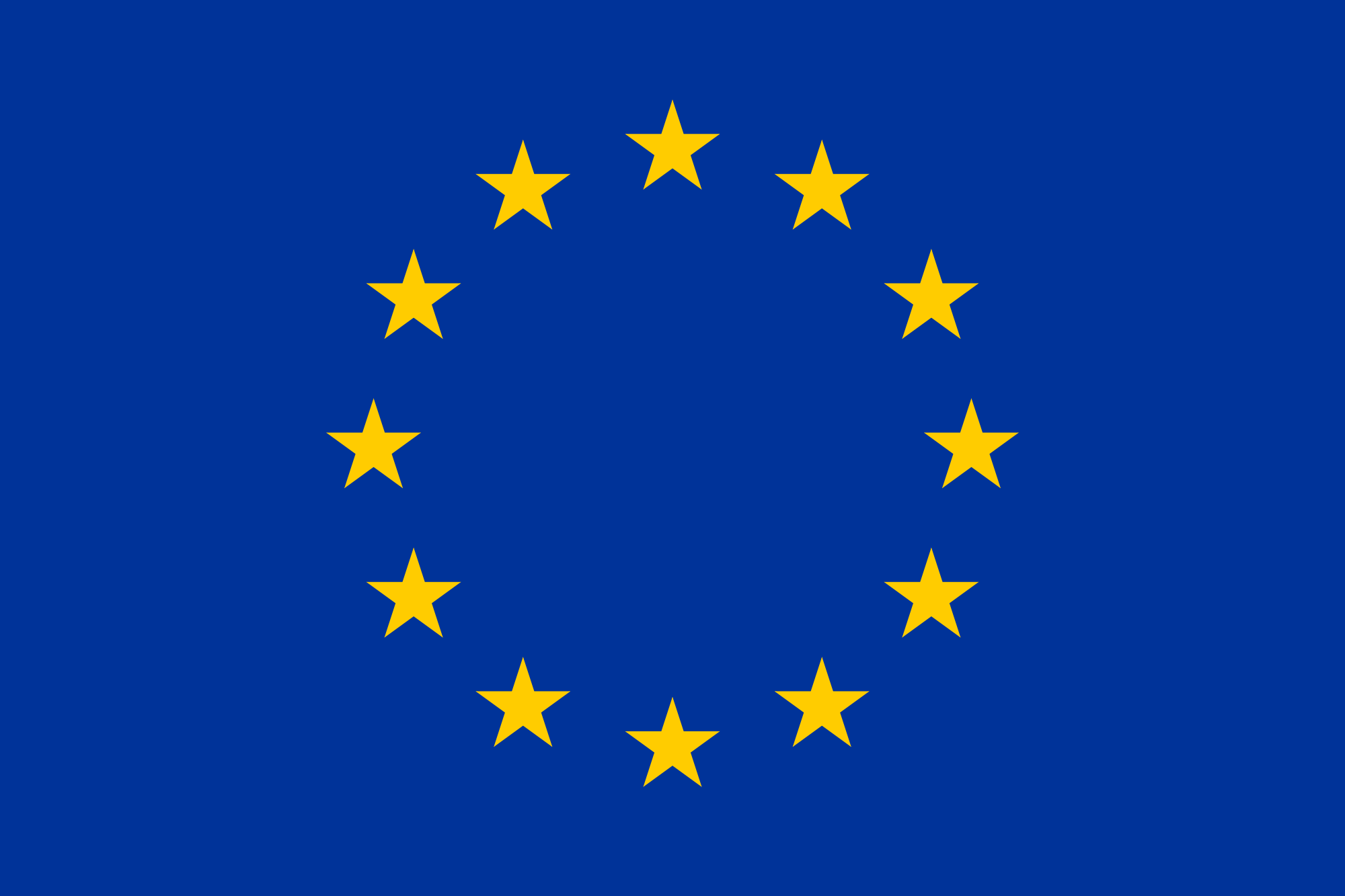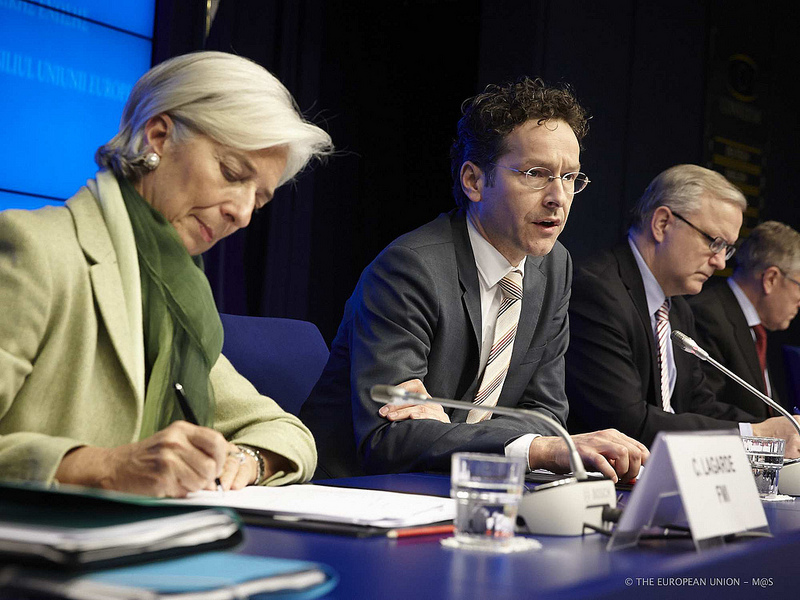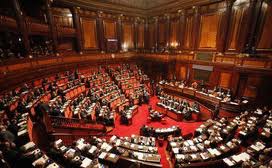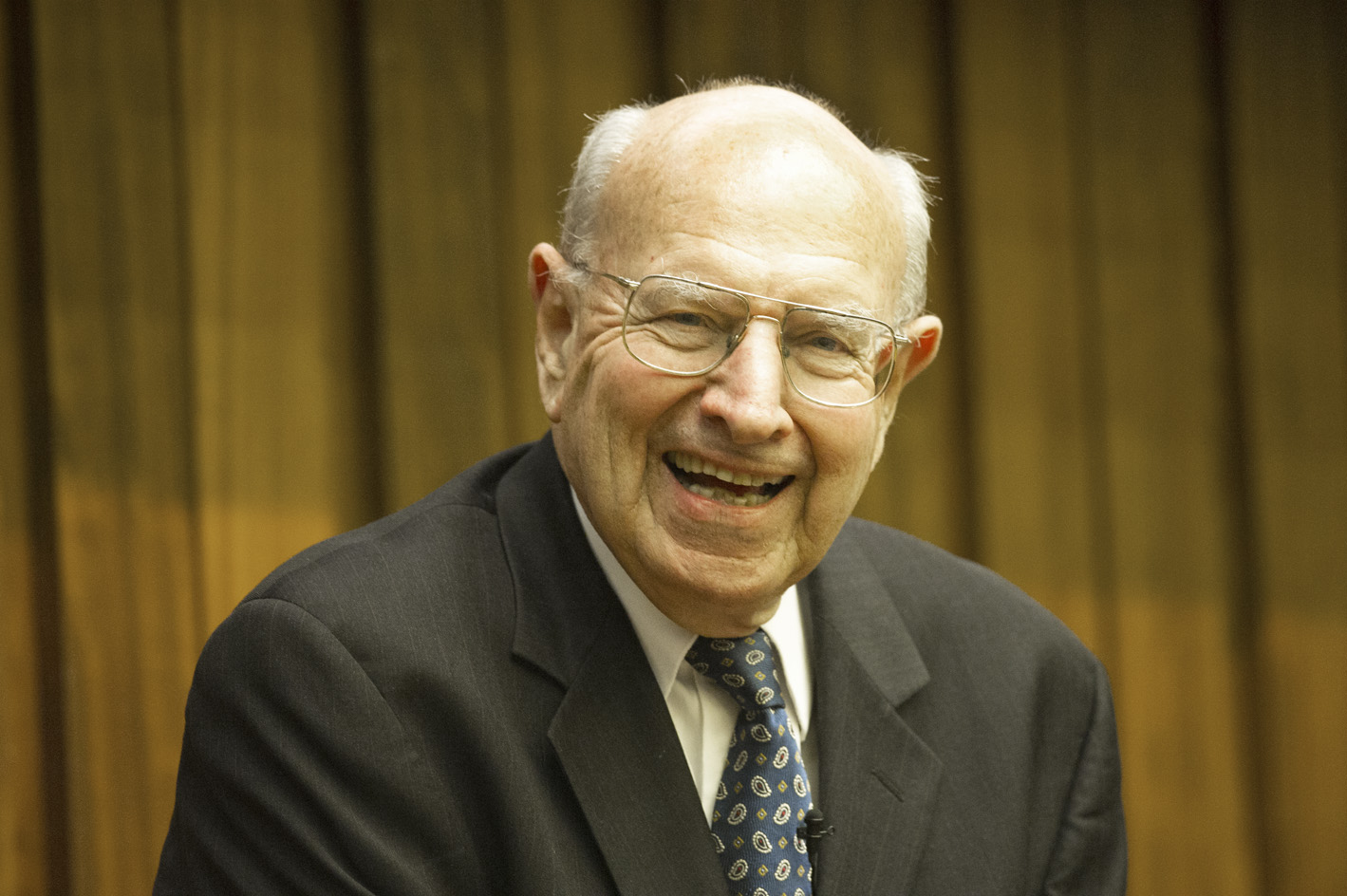
More Europe, Less Europe, No Europe? – the inaugural Oxford DPIR alumni conference
On Saturday 2nd March Oxford’s Department of Politics and International Relations hosted its inaugural Alumni Conference. Former politics students were welcomed to the Manor Road Building for the chance to discuss the issue of Europe with the very best political scientists – past, present and future – that the University has to offer. Although this was a conference organised for the benefit of alumni, it could equally have served as an event to attract prospective students, such was the calibre of the speakers and the quality of debate.
You can listen to a podcast of the event on the DPIR website, see the full post for more details.

The third phase of the Euro crisis
At the Spring European Council on 14/15 March 2013 the perennial issue of economic growth and jobs once again took centre stage. The President of the European Commission, José Manuel Barroso, stated on Twitter that “Things are better than one year ago, but growth still worrying and unemployment unacceptable.” Mr Barroso is not the only top European politician who highlights the dire social situation in the crisis-ridden countries. In the margins of the European Council Jean-Claude Juncker, the Prime Minister of Luxembourg, warned of a “social revolution” that might result from the harsh austerity measures in Southern Europe.

Europe’s Crisis: From solidarity to solitude?
A long time before she relocated to Brussels, Europa was a Phoenician princess. Zeus was particularly fond of her and abducted the princess in the guise of a bull. She bore him a son, Minos, who also had his fair share of trouble with bulls. It was he who constructed the legendary labyrinth to keep the Minotaur at bay. Moreover, it was Minos too, who demanded that Athens periodically sacrifice its best boys and girls to that insatiable creature; half-man, half-bull. Until Theseus finally killed it.
Today, again, Europe has become enthralled by ‘the bull’ and it seems the consequences are equally unfavorable.

The Crisis of the Italian Second Republic: In a right mess, but are the alternatives any better?
History, as Marx taught us, likes to repeat itself: the first time in the form of a tragedy; the second, a farce. What may be unique about Italy, though, is it’s often hard to distinguish between the two. This is a country where the situation is often tragic but never serious.
It is Not Only About Germany: Technocratic Agenda and the European Project
Mark Leonard, Director of the European Council on Foreign Relations, recently discussed an important trend that looms over the European project. Commenting on the recent scandalous statements by the Germany populist politician Thilo Sarrazin and the disavowal of his position by leading German politicians, Leonard voiced his concern that if ‘the establishment cartel turns [populists like Sarrazin] into outcasts rather than arguing with their views’, they will be able to tap into an ever-growing ‘reservoir of pent-up political frustration’. Leonard goes on by stressing that it is particularly worrying that ‘Germany’s leaders are now trying to treat foreign politicians who question German orthodoxy the same way they treat their own populists’. German responses to the question of a Greek referendum …
From Austerity to Growth – The politics of painfully slow economic recoveries
Much to Angela Merkel’s chagrin, international political momentum seems to have swung rather decidedly from ‘austerity’ to ‘growth’. The transformation had been underway for some time – playing out in debates across the economics blogosphere – but the elections in France and Greece clearly accelerated this evolution. The recent G8 summit communiqué – which leads with the phrase “Our imperative is to promote growth and jobs” – epitomizes the shift. In terms of our collective understanding of economics and how to fight recessions, I think there’s actually a lot less here than meets the eye, and indeed a lot of rather meaningless talk. To begin with, as Tyler Cowen has pointed out, ‘austerity’ means many different things to different people, and …

Ambassador Thomas Pickering on “the decade ahead: The US role in the world”
Last week the University of Oxford was fortunate enough to host Ambassador Thomas Pickering who gave the 2012 Fulbright Lecture on the topic of “The Decade Ahead: The US Role in the World”. It would have been difficult to find an individual more qualified for such a task, given the Ambassador’s highly successful four decade long career in the foreign service and considering that he is a man whose (deceptively, given his mental acuity) long life has been spent both in the study of international affairs and in the pursuit of the US’s interests and values within the world. His message comes at a poignant time, given the current academic fervour over the perceived decline of the US in the …
Europe: the problem is not ‘north-south’ but ‘east-west’
In his stimulating recent post ‘France and the New Balance of power’, Oxford’s Geoffrey Gertz argues that the near-certain election of Francois Hollande will change the balance between ‘North’ and ‘South’ in Europe. Having for so long reckoned herself part of the German, Dutch, Scandinavian and Eastern European ‘North’, he suggests, France will now join Greece, Portugal, Spain, Italy and possibly Bulgaria and Hungary in the ‘South’. He may well be right: Hollande’s recent demands that the stability pact be renegotiated, that Germany would have to push for growth as well as balanced budgets and the whole tenor of his campaign is evidence enough. I wonder, though, whether a Hollande victory might not also have profound consequences for relations between …









